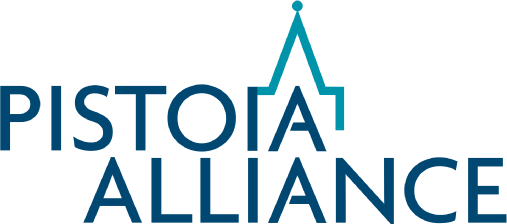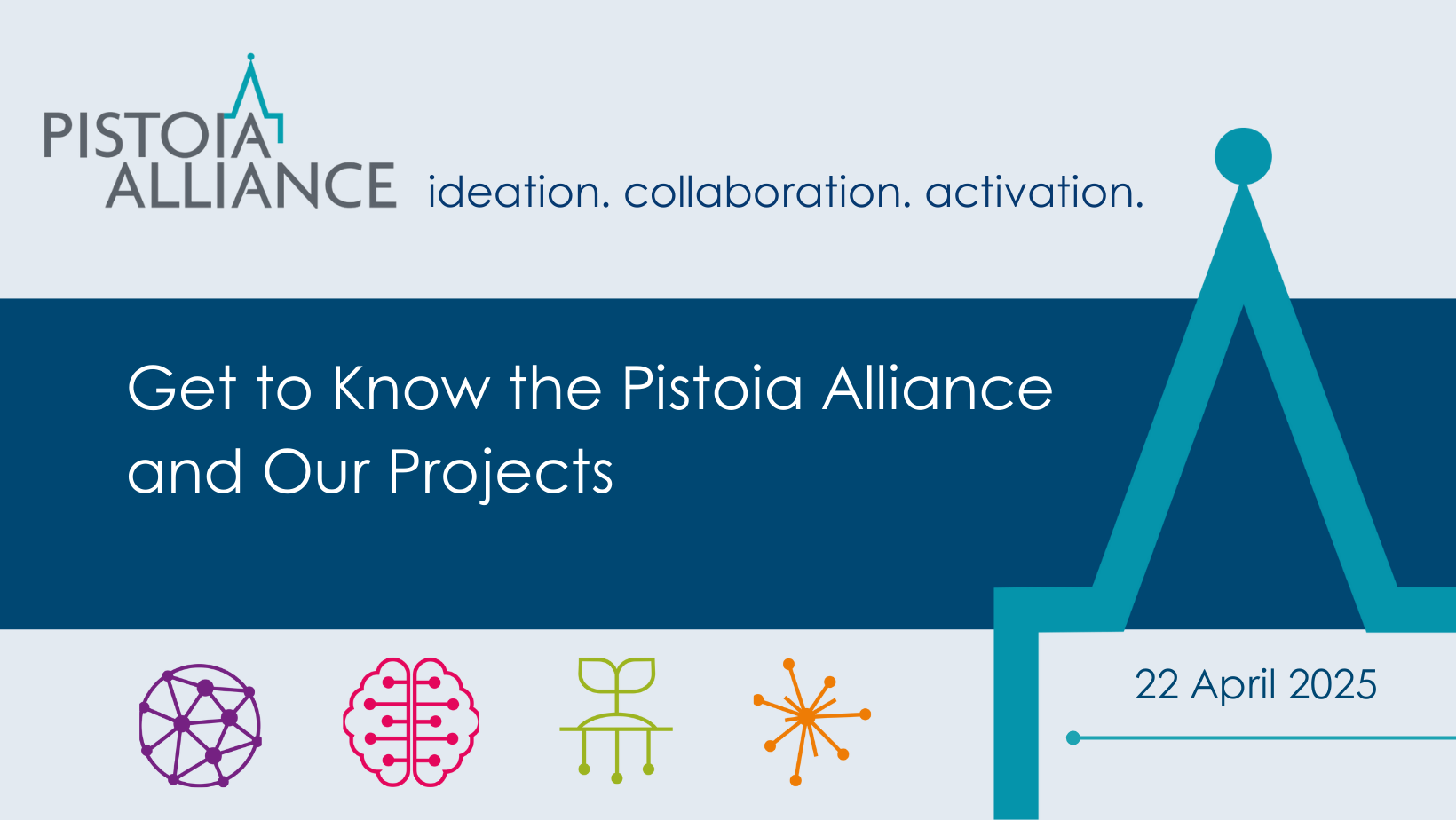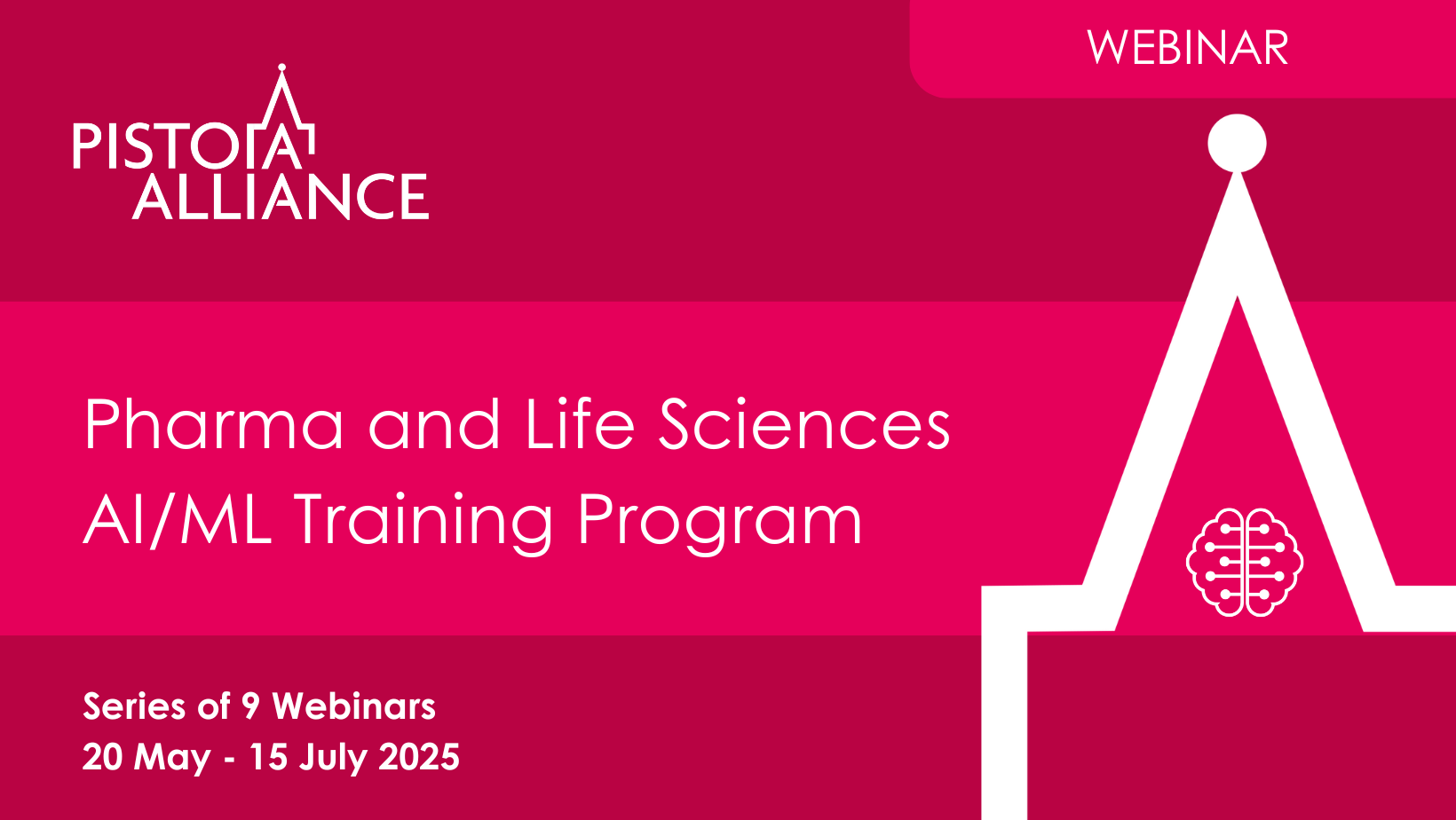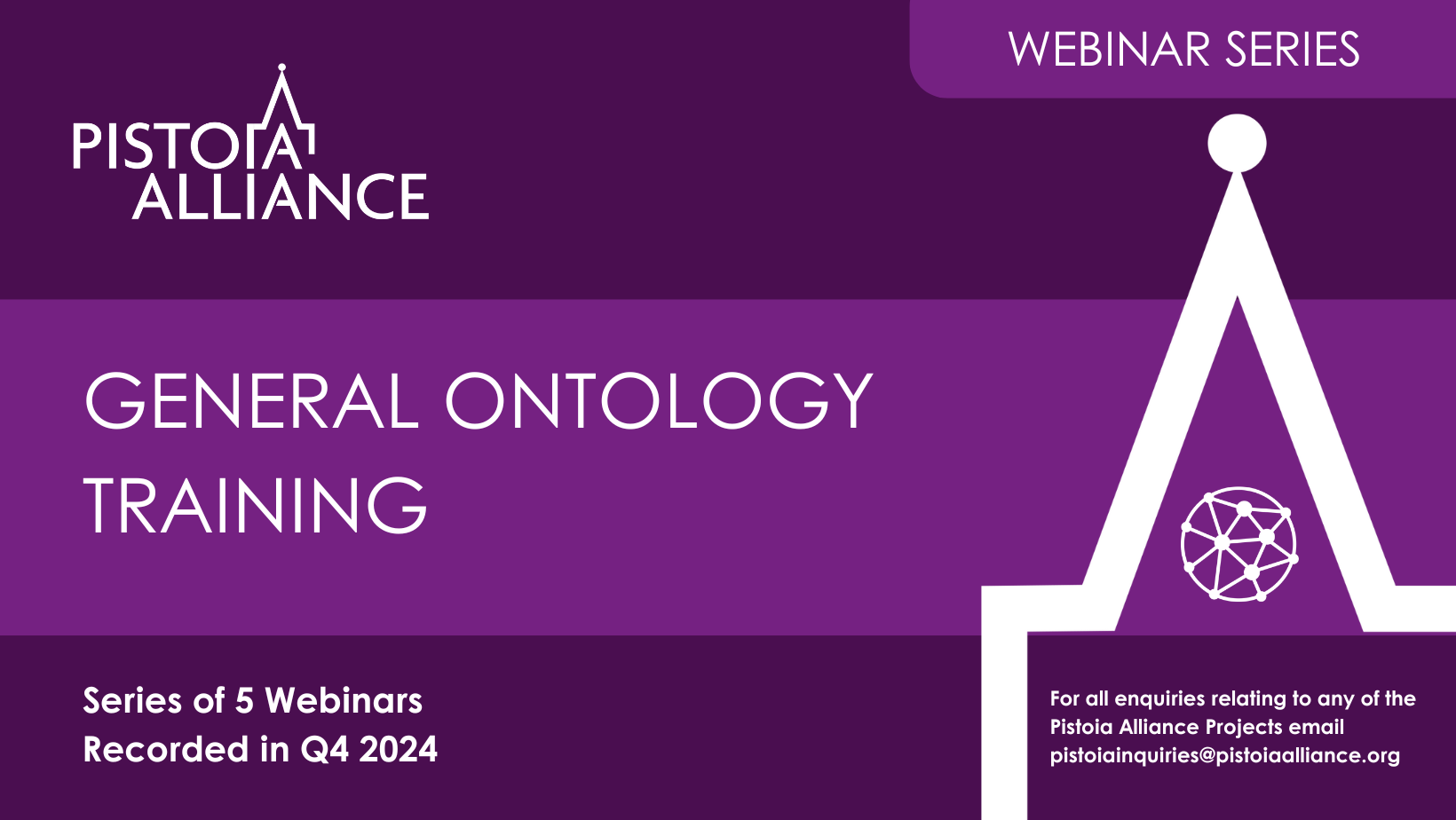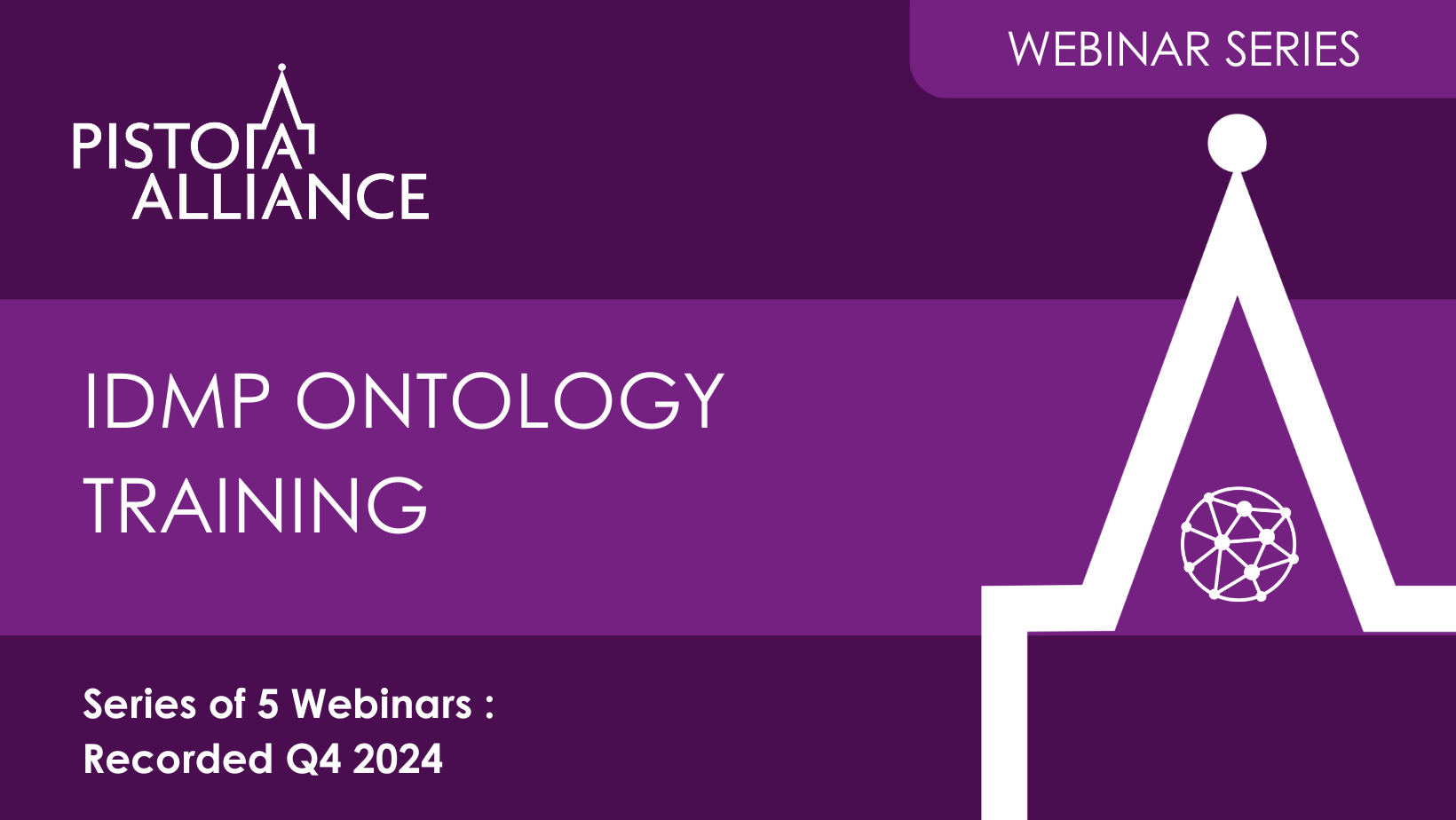This project delivered a semantic framework to standardize clinical trial operations and drive transformation for better patient outcomes
Overview
The clinical trials landscape is rapidly evolving, with innovations in treatment modalities and personalized medicine. However, the increasing complexity of clinical trials, lack of standardization, and reliance on non-machine-readable data formats continues to hinder the seamless flow of information and integration of cutting-edge AI technologies in clinical trial operations. The Pistoia Alliance’s Clinical Operations Ontology project set out to enable the transformation of clinical operations, paving the way for a future where clinical trials are more efficient, accurate and insightful so that patients can ultimately benefit more quickly from new and innovative therapies.
The project delivered a semantic framework to standardize clinical trial operations by leveraging CDISC USDM 2.0, TransCelerate DDF, and SNOMED CT. The primary focus was on mapping clinical trial protocols to site feasibility management workflows using data from the Shared Investigator Platform (SIP). Key deliverables included an ontology lexicon, OWL files, documentation, and a proof-of-concept (PoC) demo. The ontology facilitated unambiguous protocol definitions, linked standardized components to clinical operations, and validated the mapping process using representative data sets. The PoC demonstrated how semantic approaches streamline workflows, reduce manual handovers, and enhance automation, showcasing measurable benefits such as reduced ambiguity and cycle times.
Through rigorous ontology scoping, iterative design, and cross-functional collaboration, the project addressed critical challenges in feasibility in clinical trial operations. It established best practices for data governance and automation, highlighting the potential of semantic data models to improve efficiency and accuracy across workflows. The outputs, including documentation and PoC results, provide a scalable foundation for integrating standardized, ontology-driven processes into clinical trials, demonstrating significant value for reducing errors and optimizing performance.
